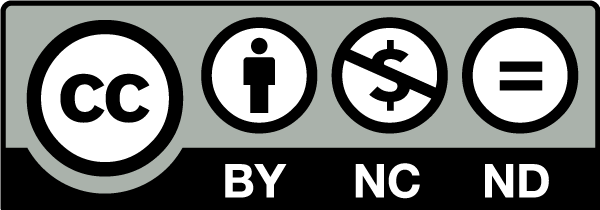Pragmatics in Medical English: Introducing ESP Learners to Negative Politeness Strategies
DOI:
https://doi.org/10.13136/2281-4582/2015.i5.183Abstract
The unprecedented spread of the English language around the globe has contributed to the even-growing use of English in many international contexts that focus on politics, business, safety, technology, science, and tourism. The increasing number of international academic conferences and meetings, whose main language is English, also testifies the special status that this language has acquired all over the world in recent decades, and emphasises the importance of being able to speak and interact with it. Acknowledging the importance of keeping going on developing students’ linguistic skills at the higher level of education, Italian Universities have modified academic programmes by both offering new English language courses and giving additional emphasis to the existing courses. The result is a remarkable increase in undergraduates’ interest in learning English, not only in those who have chosen to get a degree in Foreign Languages and Literatures but even in those who are attending different Schools such as Law, Architecture, Economics, Engineering, Natural Sciences and Medicine. In order to meet the specific requirements of Italian academic path, tailor-made programmes following students’ needs have been gradually conceived giving birth to what is now universally known as English for Specific Purposes (ESP).
This article explores future healthcare professionals’ acquisition of negative politeness strategies to mitigate patients’ face threats in the subject field through a cycle of tailor-made lectures by the first year undergraduate ESP students at the course degree in Physiotherapy and Nursing at the University of Verona in 2014. This project will describe the approach used to plan the lesson, and the techniques involved in the teaching/learning process (work in pair and groups of work).
Downloads
Published
Issue
Section
License
Copyright (c) 2019 Sara Corrizzato

This work is licensed under a Creative Commons Attribution-NonCommercial-NoDerivatives 4.0 International License.
Iperstoria is an Open Access journal.- Authors retain copyright and grant the journal right of first publication with the work simultaneously licensed under a Creative Commons Attribution 4.0 BY-NC License that allows others to share the work with an acknowledgement of the work's authorship and initial publication in this journal.
- Authors are able to enter into separate, additional contractual arrangements for the non-exclusive distribution of the journal's published version of their work (e.g., post it to an institutional repository or publish it in a book), with an acknowledgement of its initial publication in this journal. We require authors to inform us of any instances of re-publication.







